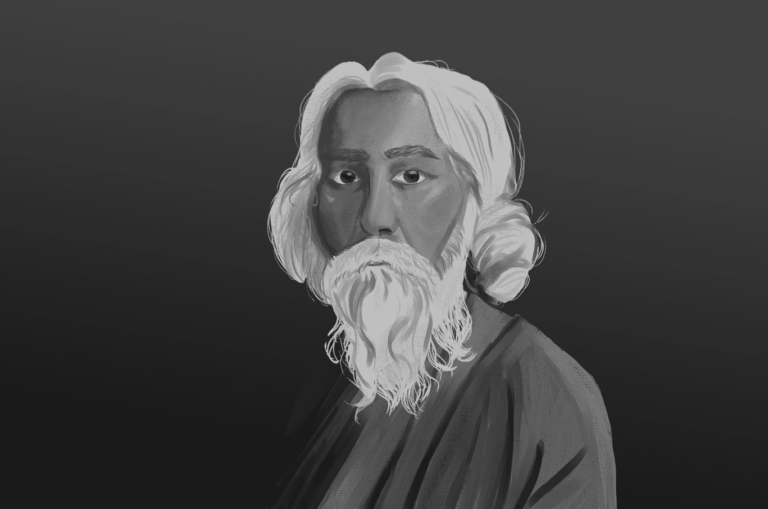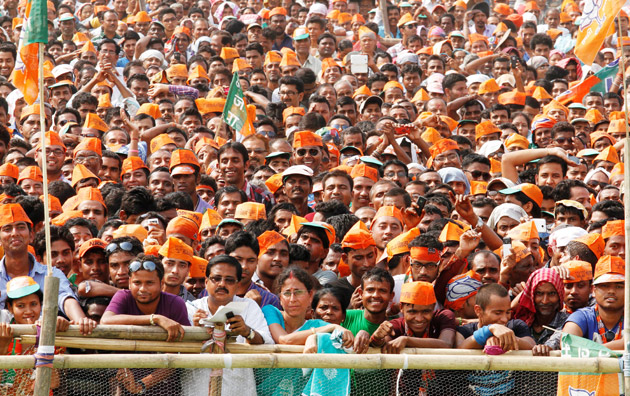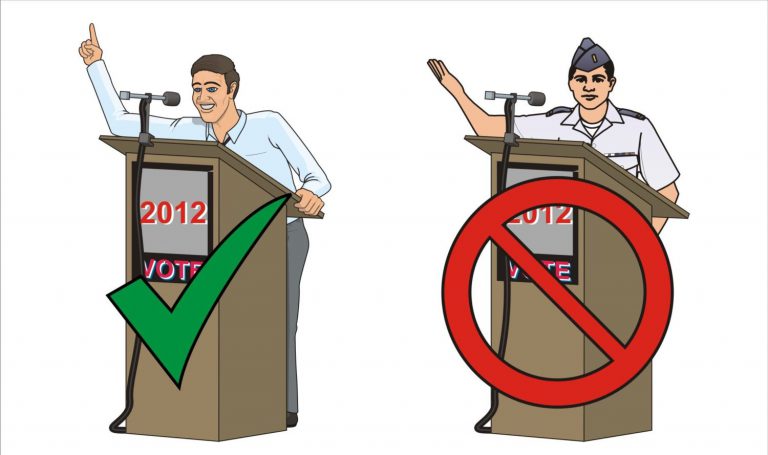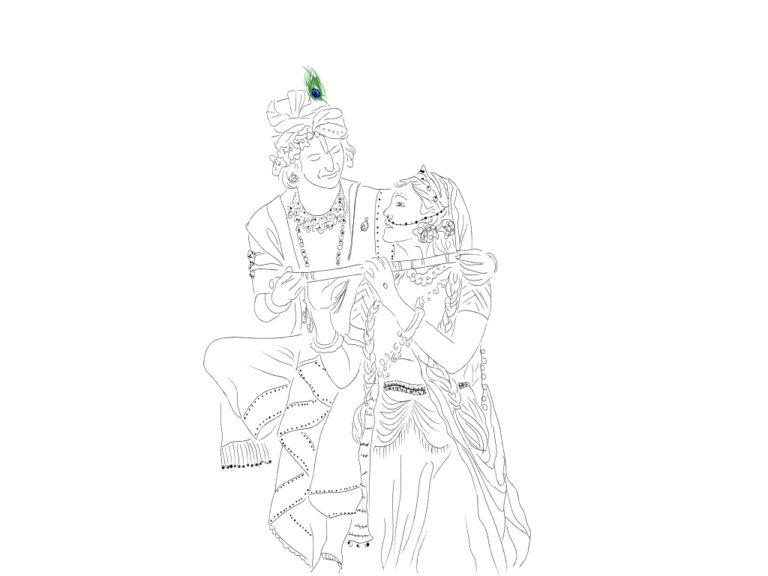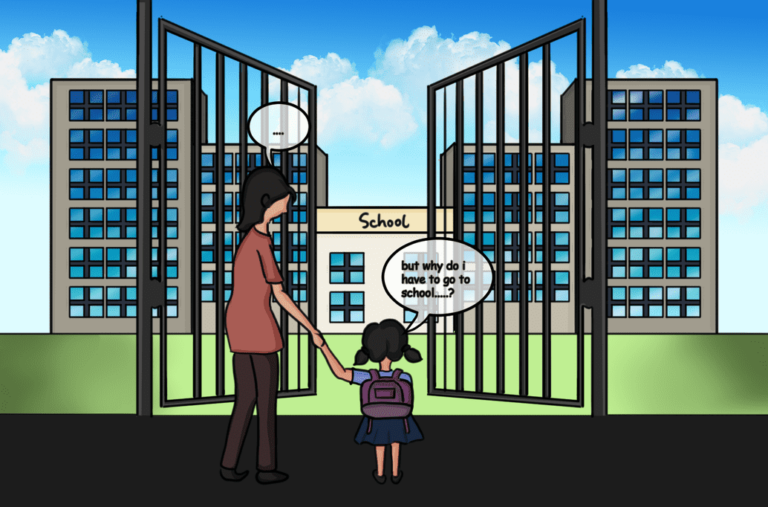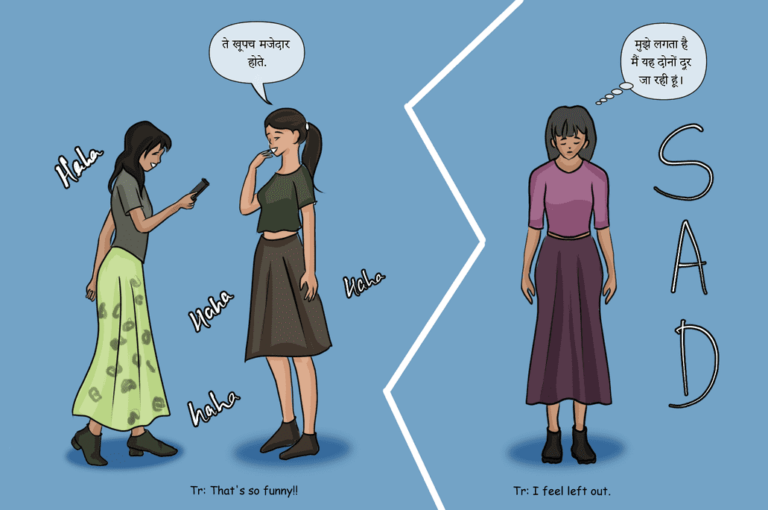Building together: People’s participation
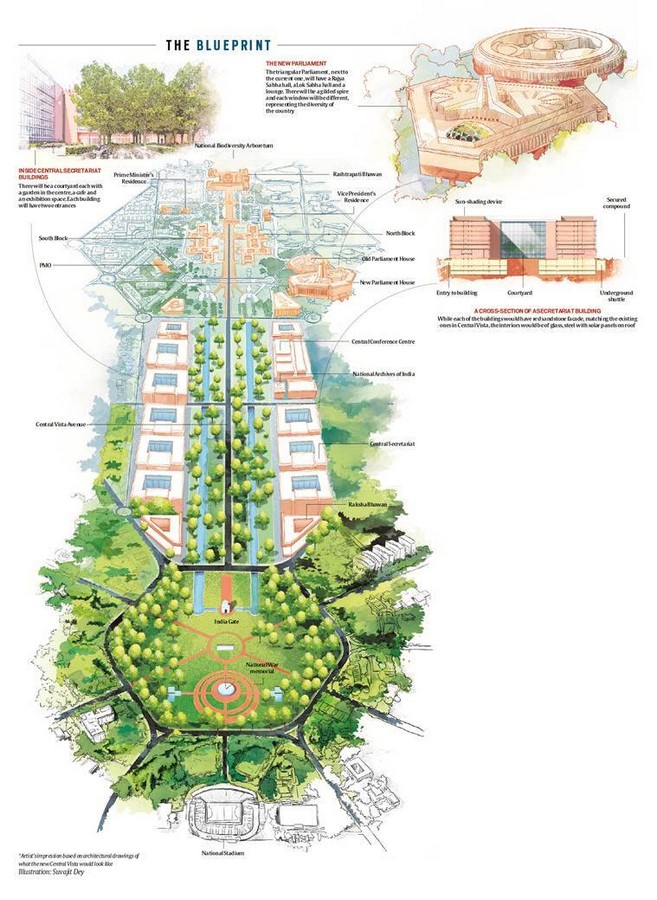
Living in a democracy like India is a blessing that we people as citizens enjoy. The provisions cited to the people in the constitution enable the citizens to enjoy tremendous power in not only influencing but also actively implementing ideas in this governmental structure. However, sometimes this fundamental structure of democracy gets questioned.
Such an example has been the Central Vista project which certainly celebrates the notion of infrastructural development but undermines the basic concept of democracy- people’s participation. The Central Vista project has been cleared by the Supreme court with 2-1 judgment that will enable the Central government headed by Prime Minister Modi to go ahead with the plan of changing the capital visual infrastructure without any obstacles. The proposal was cleared by Justice A.M. Khanwilkar and Dinesh Maheshwari presented by Central Vista Committee, Delhi Urban Art Commission, the Heritage Conservation and certain other bodies. This proposal has paved the way for the erection of a new parliament building and it’s a new structure. The judgement came as a result of a petition filed by Rajeev Suri in April 2020, stating that the order violated the citizen’s right to life guaranteed under Article 21 by depriving people of greenery and open spaces. It also argued that the notification violated the Master Plan of Delhi 2021 and that the Centre’s notification sought to override an earlier (December 2019) notice issued by the Delhi Development Authority which invited objections against changes in land use. That notice was in itself under challenge in the top court. Hence the court allowed the petition on these challenges that were highlighted by Rajeev Suri in his petition.
However, this project came under the spotlight once again when Justice Sanjiv Khanna questioned the absence of public participation and consensus in the project when it spoke about changing the capital’s landscape whilst having a significant economic value to it. He supported the majority decision of the Supreme Court on the project with all the grants and decisions but highlighted that the fundamental idea of public opinion was missing.
The huge budget of creating this structure is estimated to be around 13,450 crore INR. This would include numerous buildings and structures like the Central Secretariat, Prime Minister’s residence etc. along with the main Parliament building. With this Central Vista project on the roll, this will be one of the very grand connotations of the year for our country as it proposes the restructuring of the capital infrastructure and beautifying the landscape of the national capital territory. This project is a star highlight in effectively changing the landscape of the capital, and creating a grand image in the whole world. However, this grand image will not do much in changing the economic image of the nation. Therefore, the question arises as to whether a plan so highly valued and supported by the government, is suitable in the times of COVID.
Government has all the right to create plans and policies as the representatives of people but the question of applicability and appropriateness still remains adamant. The idea of planning such projects lawfully lies in the hands of the government. However, when applicability of such projects becomes questionable, the judicial system has all the right to highlight such issues when we live in a democracy where people’s participation is imperative. At times when the people of the nation are suffering it is imperative for the government to frame out policies that focus on uplifting people from this situation rather than focussing on grandeur and infrastructure development. At times when the country needs to recover from the economic fracturing and plan an effective strategy to implement the vaccination drive, a plan with such high economic value becomes a hurdle in the effective recovery of a democracy. It is important for the government, as Justice Khanna says to take into consent the opinion of the masses because in a democracy the people have the right to know the rationale, structure, investment and all the other components behind this plan. India is celebrated as a democracy and it is very important that the people also have a say in that. Several provisions have been incorporated in our constitution that allow for public reviewing of the government plans. Therefore, this procedure needs to be followed to allow consensus building into the creation of plans. These are the provisions that make India more of a democracy than any other democracy in not only a literal sense but also in a more practical sense. The provisions make indian democracy more comprehensive in nature. Therefore, it is imperative for the leaders of the government to actively involve the people in this democratic process of decision making and implementation of plans. Justice Khanna highlighted that the people’s accord is an imperative and crucial part of this project that was particularly missing from the project proposal and needs to be included. Hence it becomes imperative that the government not only promotes such structures and provisions but also provides instances to the people to be part of the decision and implementation panel.
The building is expected to be completely constructed by August 2022 when our country would be celebrating its 75th Independence Day. The Bhhomi Pujan ceremony took place in December 2020 with the Prime Minister headlining the ceremony. The government’s claim for creating an ‘integrated administration block’ and ‘synergized functioning’ of ministries also needs to incorporate the idea of public opinion into the pillar of democracy that aims to connect people to democracy. We see that the central government took a great initiative of reconstructing the Lutyens Delhi constructed through 20 long years, to reinvent the landscape of Delhi as not just a colonial city but more like the capital of a democratic nation like India.
However, the government has a long path to take with a lot of difficult tasks to complete before taking up this project. The Supreme Court gave a green signal to the project with 2-1 judgement. However, here the government needs to give consideration to the fact that providing people opportunity to be part of such projects is important and planning of policies on distribution of public spaces need to be dealt with a lot of care. The court in the judgment highlighted that the government should obtain prior permission of the designated authority- Commissioner, MCD, Vice Chairman, DDA and Chairman, NDMC before proceeding with the actual development work if it has not been obtained earlier.
The government has a long way to uplift the economy, look after the public health and provide continuous and effective educational means. This is going to be a very challenging task and taking up the project at this time might prove to be unhealthy for the current government. The current government here faces a very difficult question arising out of this situation of COVID-19. To be a more effective and influential government structure in a democracy it needs to look into a more comprehensive question of fighting against this pandemic rather than taking up infrastructural projects that are seen as an obstacle by the people in their effective development. It becomes essential for the government to look into the various spheres of this project when it is influencing a lot of factors like environmental, cultural and participation rights. The government needs to effectively plan the making and implementation of these projects, work towards effective management of these issues and move forward with other plans from there.
Image Credit: Wikimedia Commons


